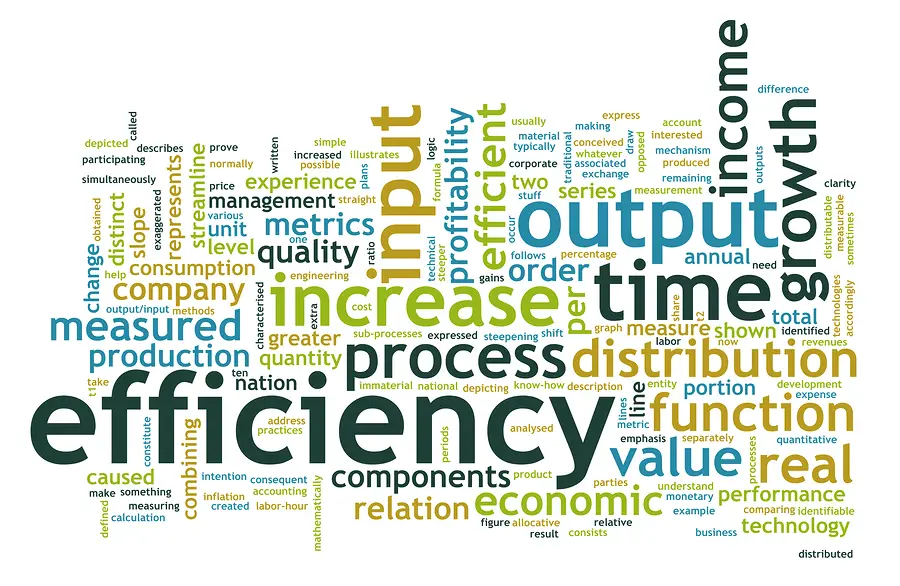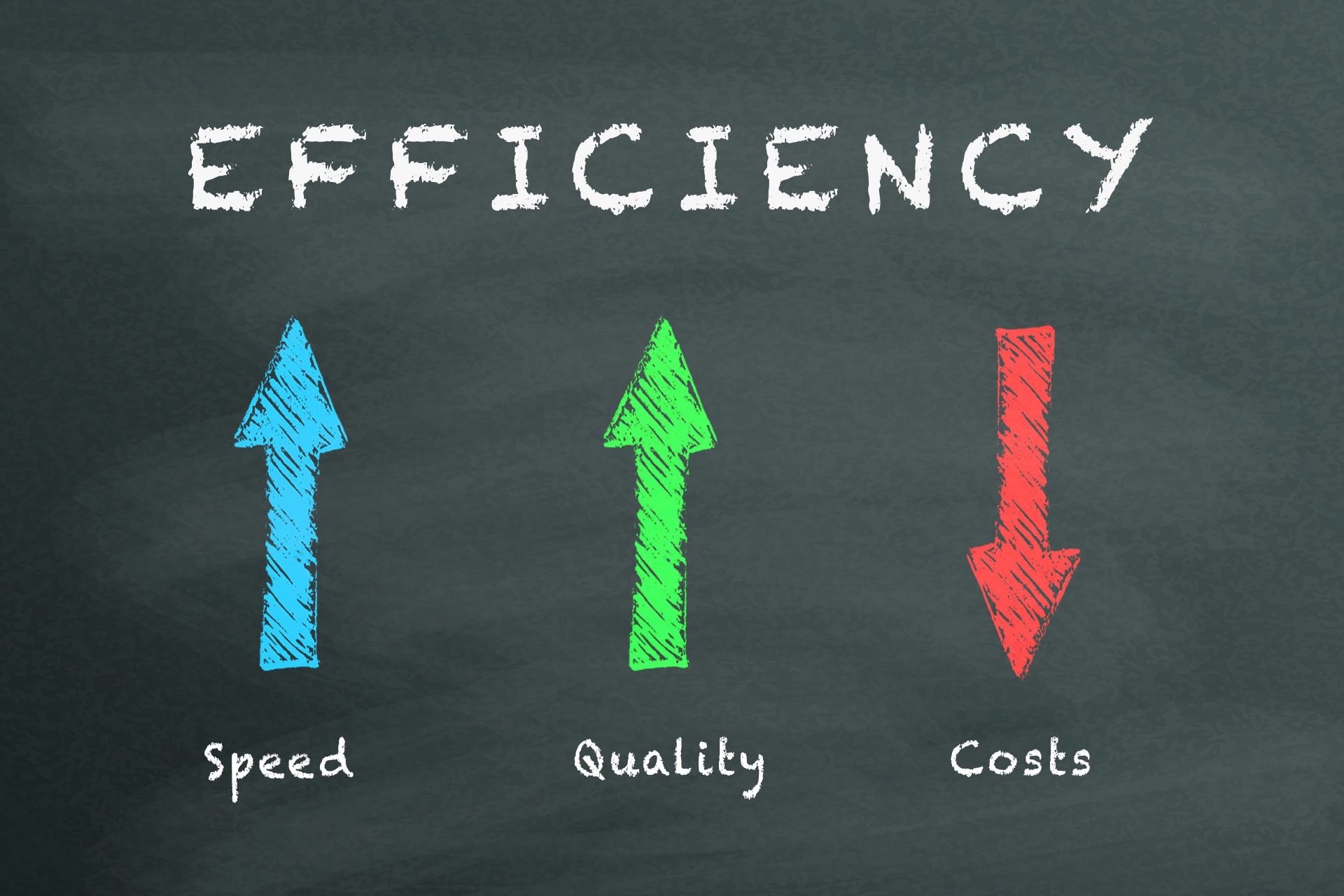Efficiency Errors: Enhancing Code for Better Performance

Efficiency errors refer to coding practices that lead to suboptimal performance, resulting in slower execution times and resource wastage. These errors can be particularly detrimental in applications that demand high performance or real-time responsiveness. To address these issues, it’s crucial to understand the common efficiency errors and implement effective strategies to mitigate them.

Common Efficiency Errors

- Unnecessary Loops: Avoid creating nested loops or performing loop iterations multiple times on the same dataset.
- Excessive Conditional Statements: Limit the use of nested conditional statements (if-else) and consider using more efficient alternatives like switch-case.
- Unoptimized Data Structures: Choose the optimal data structure for the task at hand. For example, use hash maps for quick lookups, arrays for sequential access, and linked lists for dynamic memory allocation.
- Inefficient Algorithms: Prioritize using efficient algorithms with time complexity appropriate for the task. Avoid algorithms with exponential time complexity and favor those with linear or logarithmic complexity.
- Redundant Function Calls: Avoid making multiple calls to the same function when it can be called once and the result stored for later use.
Strategies for Code Optimization
- Profiling and Benchmarking: Use profiling tools to identify performance bottlenecks and benchmark different implementation strategies.
- Reduce Complexity: Optimize algorithms to reduce their computational complexity and minimize unnecessary calculations.
- Maximize Cache Utilization: Optimize data structures and algorithms to minimize cache misses and improve memory access performance.
- Use Concurrency: Consider using concurrency techniques like multithreading to improve performance on multi-core systems.
- Minimize Memory Allocations: Avoid excessive memory allocations, which can lead to performance overhead and memory fragmentation.
- Use Static Analysis Tools: Leverage static analysis tools to identify and correct potential efficiency errors before code execution.
By addressing efficiency errors and implementing these optimization strategies, developers can significantly enhance the performance of their code, ensuring faster execution times, efficient resource utilization, and improved responsiveness.


